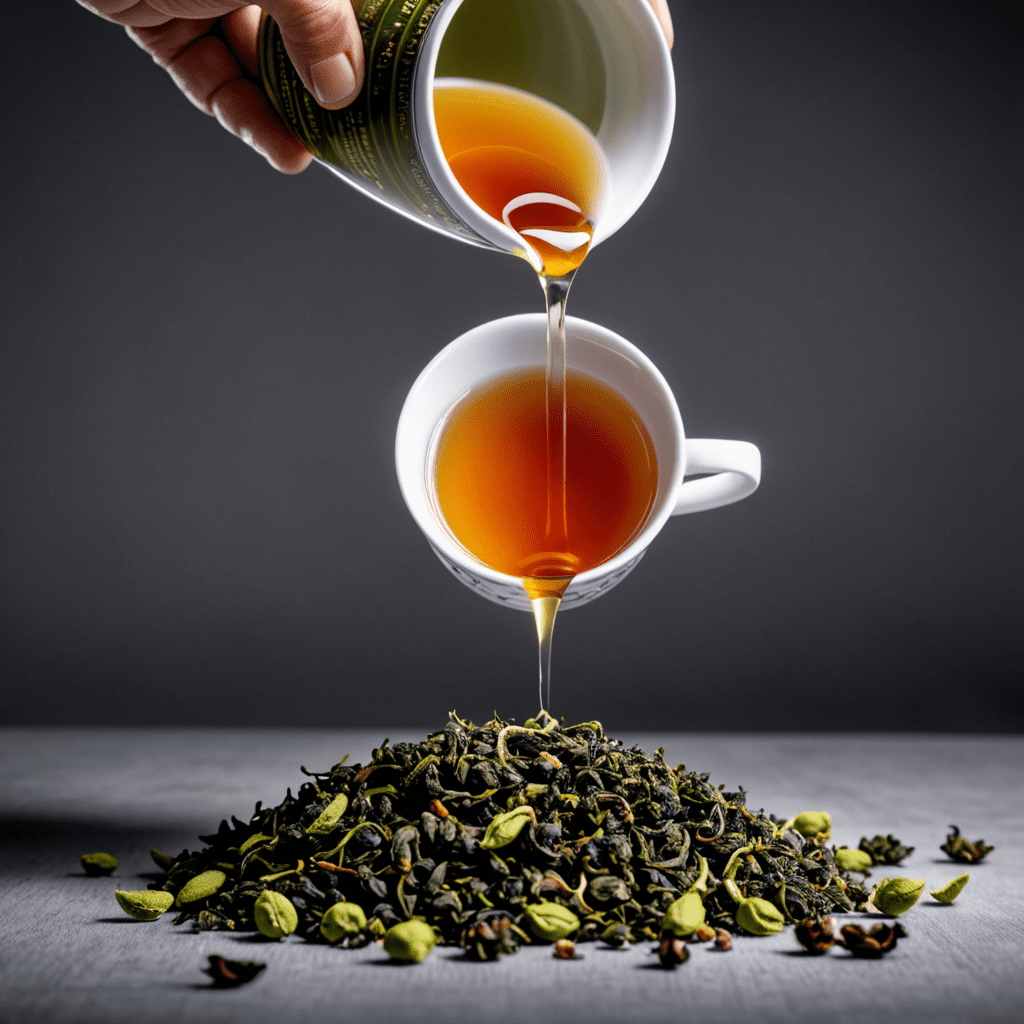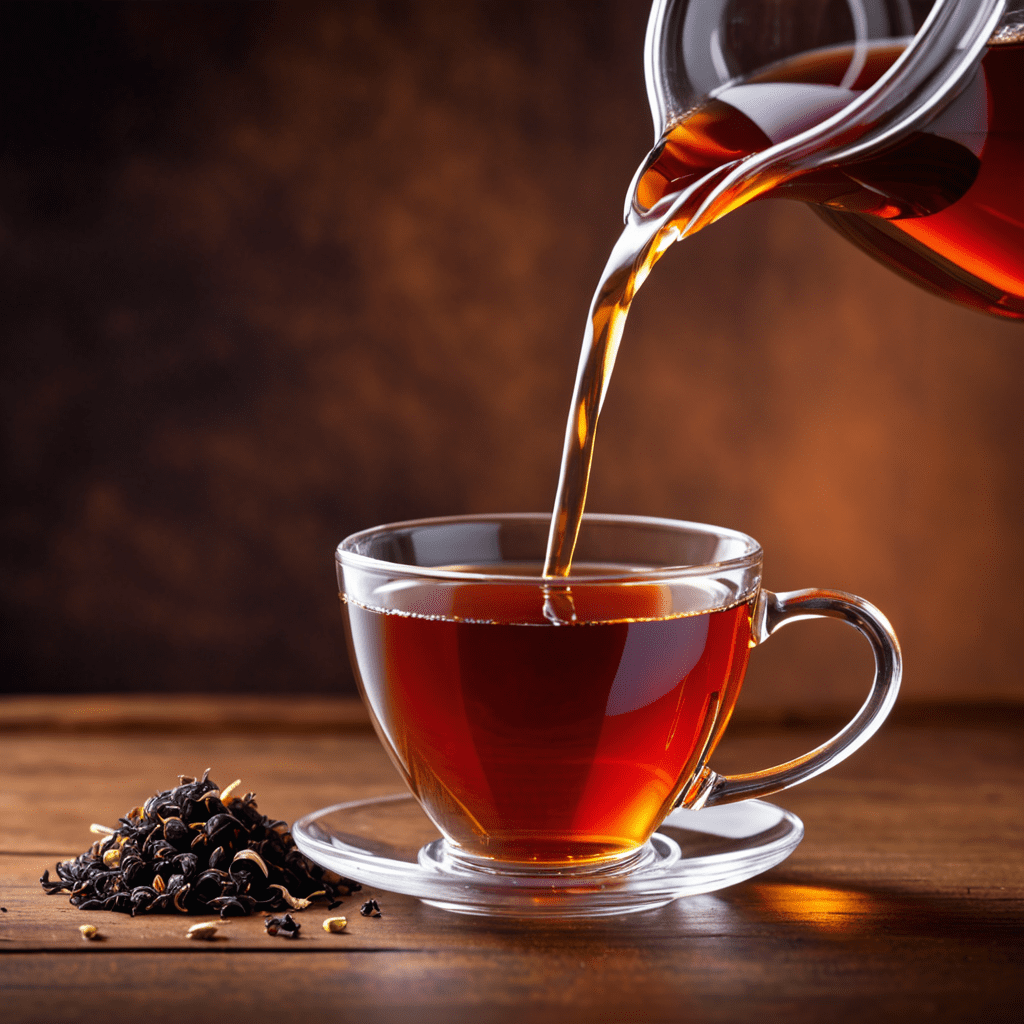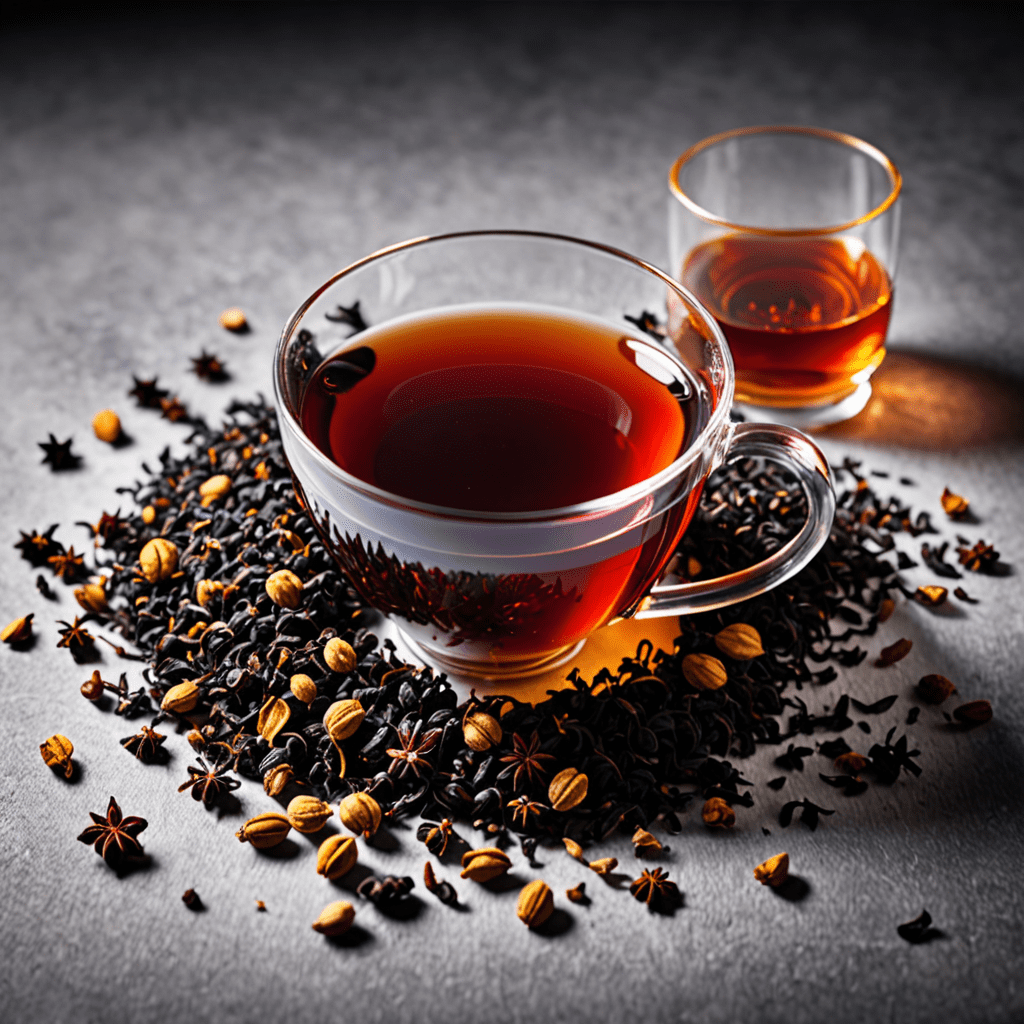The Health Benefits of Tea and Fasting
Introduction
Tea has been enjoyed for centuries for its refreshing taste and numerous health benefits. Fasting, on the other hand, has gained popularity in recent years as a method for weight loss, detoxification, and improving overall health. Combining the two, tea and fasting, can provide a powerful tool for achieving optimal well-being. In this article, we will explore the key elements of tea and fasting, offer practical tips for incorporating them into your routine, and address some frequently asked questions.
Key Elements
Element 1: Antioxidants
Tea is known for its high levels of antioxidants, which can help protect the body against damage caused by free radicals. These compounds have been linked to a reduced risk of chronic diseases such as heart disease, cancer, and diabetes. By incorporating tea into your fasting routine, you can enhance the body’s natural detoxification process and promote overall health.
Element 2: Hydration
Staying hydrated is essential during fasting, as it helps maintain bodily functions and supports digestion. While water is the go-to option for hydration, tea can be a flavorful alternative. Herbal teas, in particular, can provide hydration while offering additional health benefits. Be mindful of caffeine content in some teas, as it may have diuretic effects and increase the need for water.
Element 3: Mental Clarity
Fasting can have a profound impact on mental clarity and focus. It allows the body to enter a state of ketosis, where it relies on fat stores for energy instead of glucose. The combination of tea and fasting can enhance mental alertness, providing a clear and focused mind during the fasting period.
Tips for Tea and Fasting
- Choose the Right Teas: Opt for herbal teas or caffeine-free varieties, especially if you’re fasting for an extended period. Green tea and black tea can also be enjoyed in moderation during fasting, as long as you don’t exceed the recommended caffeine intake.
- Experiment with Flavors: Tea comes in a wide range of flavors, so explore different options to find your favorites. Whether it’s soothing chamomile, invigorating peppermint, or spicy ginger, find teas that appeal to your taste buds and enhance your fasting experience.
- Stay Hydrated: While tea can contribute to hydration, it’s important to drink enough water throughout the day. Aim for at least 8 cups of water and supplement with tea to add variety and flavor.
Practice Mindfulness: Use tea as a tool for mindfulness during fasting. Take the time to brew your tea, savor its aroma, and enjoy every sip. This can help relax the mind and create a sense of ritual during your fasting routine.
Incorporating Tea and Fasting
Start Slow: If you’re new to fasting, begin by incorporating intermittent fasting into your routine. This involves fasting for a specific period (e.g., 16 hours) and consuming all your meals within a restricted window. During the fasting period, enjoy herbal teas or caffeine-free options to stay hydrated and support the fasting process.
Match Tea to Your Fasting Goals: Different types of tea can complement specific fasting goals. For example, green tea is known for its metabolism-boosting properties and can be beneficial during weight loss fasting. Herbal teas like chamomile or lavender can aid relaxation during extended fasts. Consider your goals and choose teas accordingly.
Customize Your Tea Time: Find the best time to enjoy tea during your fasting window. For some, a cup of tea in the morning can provide a gentle energy boost, while others may prefer to save it for the afternoon as a pick-me-up. Listen to your body and adjust your tea consumption accordingly.
FAQ about Tea and Fasting
Q: Can I add sweeteners or milk to my tea during fasting?
A: It’s best to avoid adding sweeteners or milk to your tea during fasting, as they can break the fast. Stick to plain tea or consider using natural alternatives like stevia or a squeeze of lemon for added flavor.
Q: How often can I drink tea during fasting?
A: You can enjoy tea throughout the day during your fasting window, as long as you choose options without calories or sweeteners. However, listen to your body and avoid excessive consumption, as too much caffeine or herbal ingredients may have unwanted effects.
Q: Can tea suppress appetite during fasting?
A: Some teas, such as green tea or oolong tea, have been shown to have appetite-suppressing properties. However, individual responses may vary. If you experience prolonged hunger during fasting, consult a healthcare professional for guidance.
In conclusion, tea and fasting can be a powerful combination for improving health and well-being. By incorporating tea into your fasting routine, you can enjoy the numerous benefits of antioxidants, stay hydrated, and enhance mental clarity. Remember to choose the right teas, practice mindfulness, and customize your tea time to optimize the tea and fasting experience. Cheers to a healthier you!


